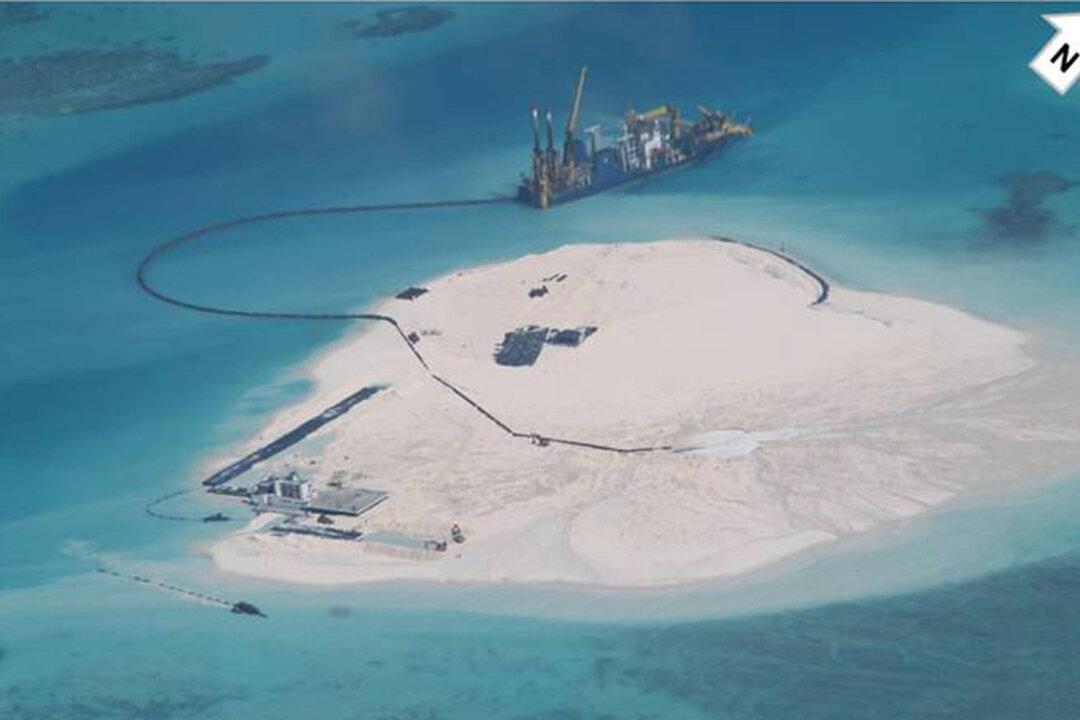The Chinese regime seized the world’s attention when it began throwing up man-made islands in the South China Sea in an attempt to control access to that huge body of water. What was spectacularly visible there has proceeded in a less eye-catching fashion around the world: a deliberate effort to gain control over critical trade chokepoints.
Whoever controls the world’s shipping chokepoints controls the flow of oil and close to 90 percent of global trade. In its push to become a global naval power, the Chinese regime has sought power over nearly every one of these chokepoints through a string of new naval bases and a series of economic deals.
“I think people don’t appreciate this problem or threat because it’s so unfamiliar,” said Robert Haddick, author of “Fire on the Water: China, America, and the Future of the Pacific.”
The world’s most important chokepoints for oil shipments, according to the U.S. Energy Information Administration (EIA), are the Strait of Malacca, the Suez Canal, the Strait of Hormuz, the Panama Canal, the Bab el-Mandeb Strait, and the Turkish Straits.





